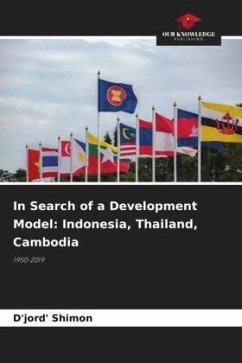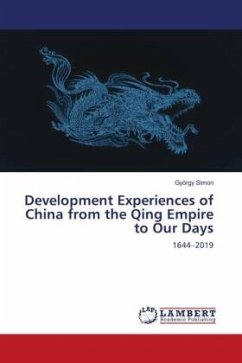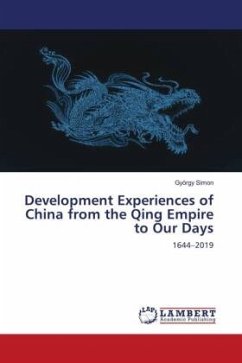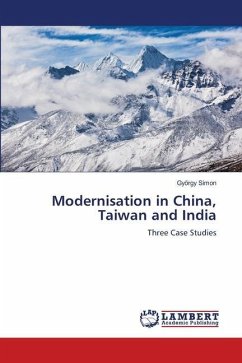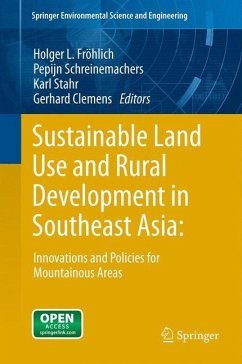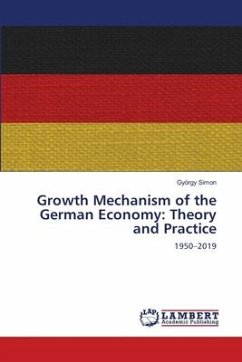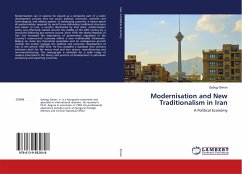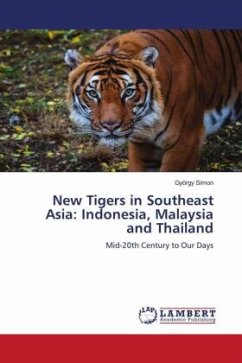
New Tigers in Southeast Asia: Indonesia, Malaysia and Thailand
Mid-20th Century to Our Days
Versandkostenfrei!
Versandfertig in 6-10 Tagen
60,99 €
inkl. MwSt.

PAYBACK Punkte
30 °P sammeln!
In the last decades of the 20th century, the driving force of development of the world economy began increasingly shifting towards the Asia-Pacific region where a number of dynamically developing countries and territories achieved outstanding results in overcoming backwardness. Of these, it was the four Little Tigers: South Korea, Taiwan, Hong Kong and Singapore that had moved farthest in catching up with the industrially developed West. Along with them, another group of dynamic economies called New Tigers emerged, including Indonesia, Malaysia, Thailand and the Philippines. The author investi...
In the last decades of the 20th century, the driving force of development of the world economy began increasingly shifting towards the Asia-Pacific region where a number of dynamically developing countries and territories achieved outstanding results in overcoming backwardness. Of these, it was the four Little Tigers: South Korea, Taiwan, Hong Kong and Singapore that had moved farthest in catching up with the industrially developed West. Along with them, another group of dynamic economies called New Tigers emerged, including Indonesia, Malaysia, Thailand and the Philippines. The author investigates the characteristic features of modern development of the first three countries of this group, showing the role of technical progress. The theoretical base of research includes key postulates of development economics and the theory of economic growth. For an econometric analysis, a general growth model is used that considers not only physical and human capital but also time as the eventspace of creative economic activity. The monograph is intended for a wide range of readers interested in politics and economics of the newly industrializing countries.



